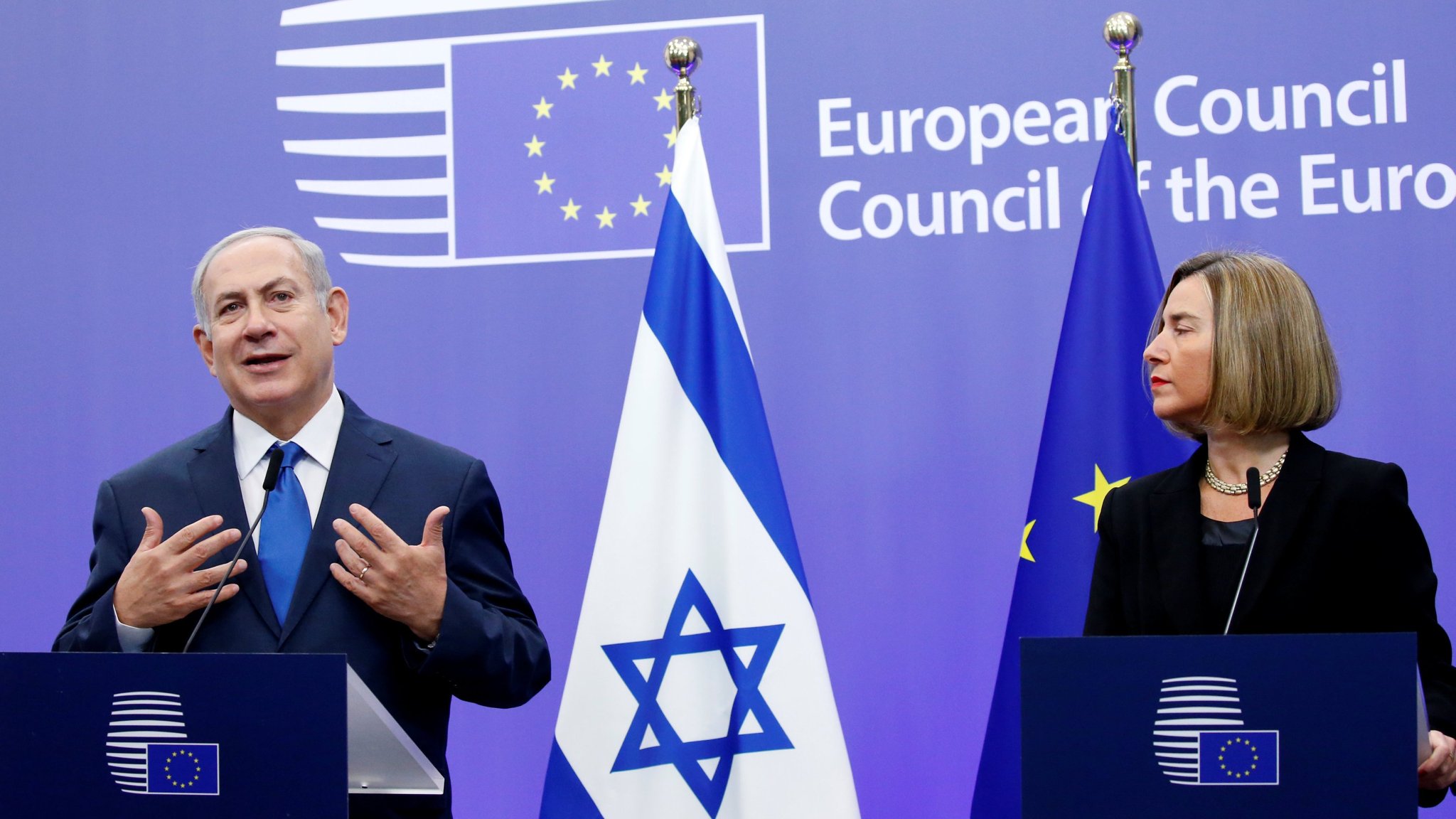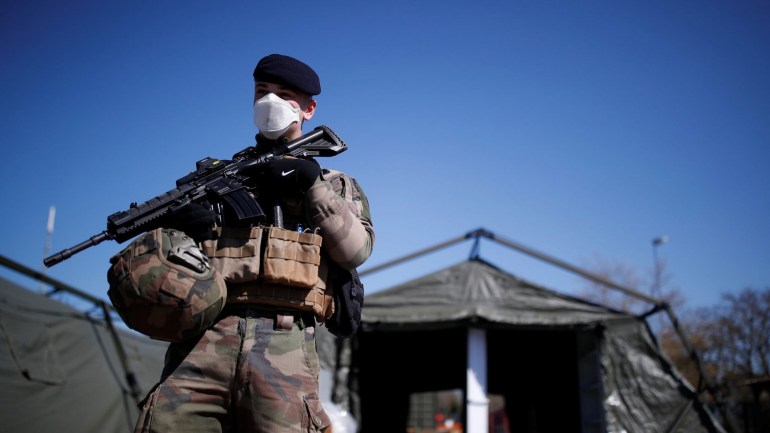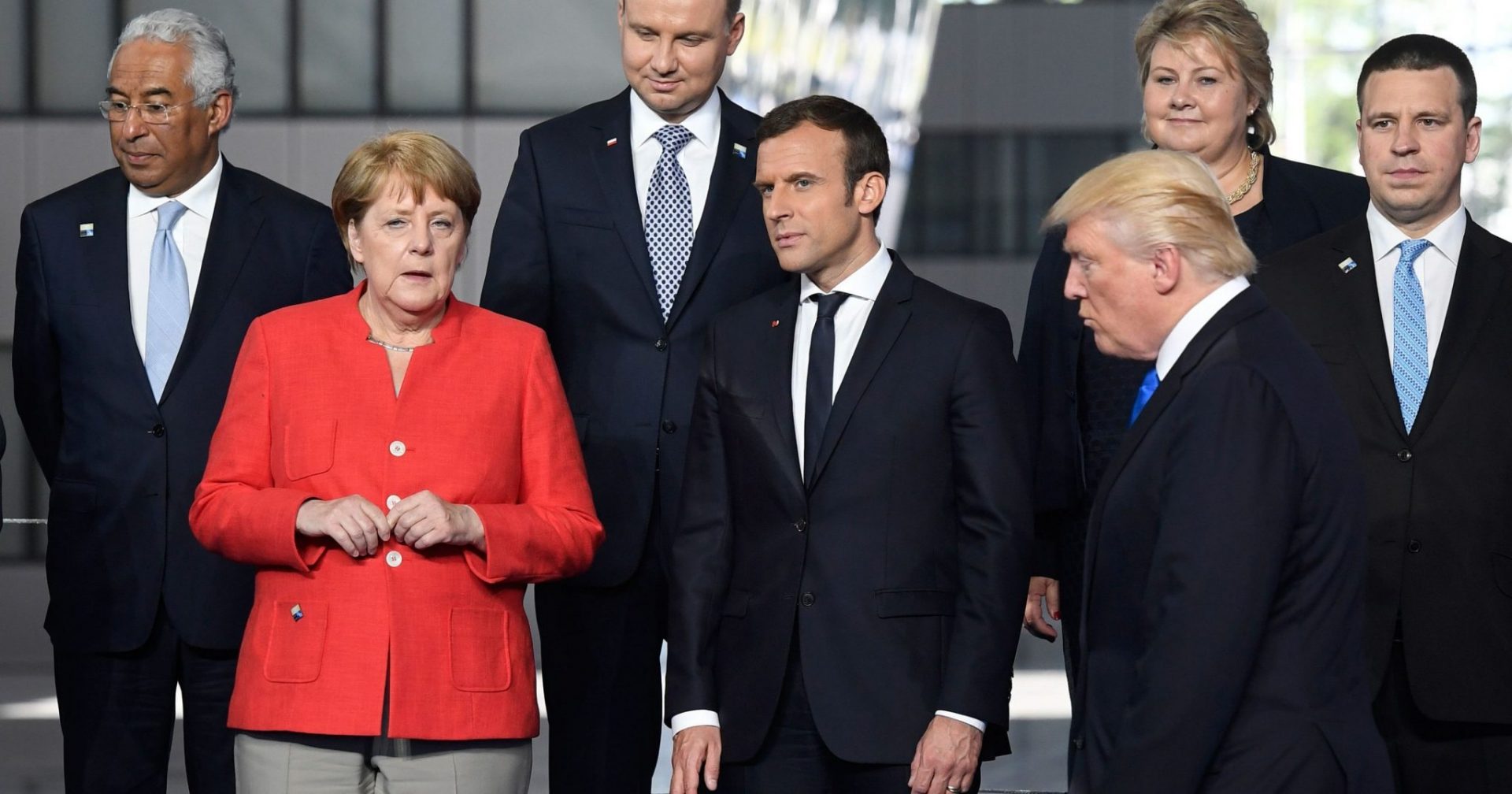
[authorbox authorid=”79″ title=”The Author”]
[toggler title=”DISCLAIMER” ]All opinions in this column reflect view of the autor(s), not of Vocal Europe.[/toggler]
The Arab-Israeli conflict has been one of the EU’s major concerns since the seventies and its solution is still one of Europe’s main foreign policy objectives. In the last decades, Europe’s involvement in the Middle East has clearly gained a higher profile, despite its numerous difficulties and institutional limits.
Contrary to popular opinion, the EU disposes of a wide range of instruments that could allow it to play a more decisive role in the Arab-Israeli conflict. It would be wrong to state EU’s actions have been limited to the publication of a series of politically harmless declarations. Although they have not always been very effective, they have definitely helped over the years to construct a more coherent and solid position on the conflict. With the Maastricht and later the Lisbon treaties, the EU has now at its disposal both political and economic tools to take a prominent role.
There are three main factors for Israel to take seriously the political strength of the EU as a key actor in the Middle East peace process. First of all, the geographical proximity: Israel and the EU share the Mediterranean Sea and a border since 2004 when Cyprus became a Member State. Secondly, Europe’s economic power has a decisive impact on the conflict.
Europe is Israel’s main trading partner, also for most of its Arab neighbors, and it has repeatedly demonstrated willingness to fund projects for boosting Palestinian institutions. Moreover, the success of the peace process will depend, among other factors, on the European financial support for the reconstruction of the region and the consolidation of peace. Institutions like the Union for the Mediterranean (UfM) will also help to improve the relations between former enemies.
The EU has at its disposal a wide variety of declaratory, operational, economic and strategic instruments. Although not all of them have been successful, one can notice the growing impact of EU’s policies on the Middle East peace process. Nevertheless Europe’s role is still minor. It is not the inadequacy of the institutions in charge or the foreign policy apparatus what explains Europe’s ineffectiveness.
There are different reasons behind the miss opportunity of becoming an important mediator. The Member States persist on their desire to maintain their own foreign policy agenda and their reluctance to upgrade political integration which leads to the impossibility to achieve common positions and actions. EU’s potential role is not fully exploited to make of it a global power and thus be a key interlocutor for other states and regional bodies throughout the world.
Probably the field of security is where the EU needs to advance more to become a trustworthy partner for both Israelis and Palestinians. Europe’s military instruments indeed appear to be inadequate or insufficient for a conflict like the Arab-Israeli. For decades the EU has suffered from a lack of military capabilities which diminished its policies credibility.
And as a result, the government of Israel continued seeking for the US favor, whose military power provided Tel Aviv with superiority over its enemies. The EU will be able to participate in greater peace-building operations if the goal of establishing a European military force is achieved. EUPOL COPPS and EUBAM-Rafah examples proved to have limited power to improve Israel’s perceptions of the EU as a security actor.
However, it was an important first step to demonstrate Brussels’ military competence and interest in the region. Furthermore, it proved to be an honest broker during the wars between Hamas and Israel, even though the prominent role was taken by other countries like Egypt. Clearly, the soft power of the EU is not always adequate to mediate hard conflict situations.
While the EU has not been able yet to come up with a comprehensive and coherent strategy with regard to the conflict between Palestinians and Israelis, European officials often seem to be sending mixed messages to Israel.
As a result, the parties in the conflict feel confused and consider Europe’s position weak and inconsistent. For instance, in 2009 the EU decided to freeze economic cooperation with Israel as a result of Israel’s disproportionate operation in Gaza and the infringement of human rights. Despite this severe declaration, a few months later the EU did not seem to remember Israel’s war atrocities and signed an agricultural agreement and upgraded its commercial relations in other fields.
In general, officials in Brussels have denounced Israel’s policies in the Occupied Territories many times but they have never decided to make use of the Association Agreement’s clause to suspend it as a strategy to pressure on Israel to obey international law. Therefore, many politicians and scholars agree the EU has precise legal tools to make Israel accept the fact that the occupation can no longer be economically viable but lacks the political will of the 28 Member States.
Brussels’ most important actions are decided by unanimity. Hence, it is highly improbable for Member States to agree on a tougher common position towards Israel since many of them have great historic and economic ties with Tel Aviv. Furthermore, EU’s foreign policy is generally based on incentives and not intimidation means.
This is clearly palpable with its Mediterranean neighbors’ relations, which social and economic cooperation prevails. Imposing sanctions or breaking up agreements with Israel would endanger EU’s position in becoming a mediator in the Middle East peace process. With an already fragile relation with Tel Aviv, severe European policies could be a turning point of no return. Undoubtedly, it would be the final push for Israel to consider Europe a non credible and unbiased actor.
Moreover, the EU and especially specific Member States, headed by Germany, have the determination to restore their image and reputation in Israel for evident historical reasons. Thus, Europeans are very sensitive to Israelis accusations of being pro-Arab bias, especially due to their allegations of the continent’s deeply entrenched anti-Semitism.
Tel Aviv’s diplomacy has been very successful in leveraging European sympathies and interests to attract EU support, while at the same time softening the condemnation of Israel’s policies. This kind of victimization strategy makes it very difficult for the EU, who has consistency problems, to put more pressure on Israel and affects all its policies towards the conflict.
Moreover, Tel Aviv benefited from a special relationship with the US and its Middle Eastern foreign policy that led to the marginalization of Europe’s involvement in the conflict. The EU is seen as a junior organisation partner that can contribute diplomatically and economically in certain areas, but not capable to solve the conflict.
The Lisbon Treaty improved cooperation and coordination within Brussels foreign policy instruments but did not make a real change on Israel’s perspective of the EU. However, the reinforced role of the High Representative for Foreign Affairs has contributed to give a greater visibility to European diplomacy. The implementation of the EEAS improved EU’s ability to work closely with the national foreign and defence ministries.
In addition, the EU Special Representative in the Middle East promotes Europe’s policies and interests in the region. However, this figure is fruitless if anyone holds it as it happened during the confrontation between Hamas and Israel in the summer of 2014. The EU Special Representative will further develop EU’s efforts to become more effective, coherent and capable actor for Israel.
The essence of interstate relations in the Middle East, its social, economic and cultural antagonisms, and the heavy weight of history create an atmosphere where the diffusion of EU norms and values is extremely difficult to promote. Furthermore, the EU’s top-down approach can be seen as hegemonic, paternalistic, and even, naïve.
Nevertheless, Europe should continue its attempts in building bridges between Arabs and Israelis. The idea of progress on the Arab-Israeli conflict laid down in projects like the Barcelona process and later the UfM depends on regional ownership. Brussels can play an important role in supporting the parties to fulfil their commitments, set up regional confidence, monitor the whole process and consolidate security relations.
However, the UfM still has not responded to the expectations for an active role in contributing to the stability and progress in the region. Certainly, if EU’s foreign policy does not take a prominent position in the nearby region where it has strategic interests, it is hard to imagine what will happen to its presence in other parts of the globe.
Thus, when analyzing the EU’s instruments and policies towards Israel over the last years we can observe a solid and consistent behavior. Although European Member States tried different ways to increase its influence on Israel they turned out to be fairly ineffective. The EU comes up with innovative ideas and, despite Israel’s criticism for being a pro-Arab mediator, it has proved to be more balanced than other actors.
In the case of bilateral relations with Israel, the EU has pursued two goals: cooperation and the two-state solution based on international law. Yet the analysis of EU policies reveals European leadership has prioritised cooperation rather than solving the conflict. Brussels’ policies tried to improve political dialogue with Tel Aviv and therefore, influence Israel’s actions towards the conflict. Nevertheless, this dialogue remains to be unsuccessful.
At the same time, Europe’s position follows a pattern based on either inaction or selected action. The European approach has demonstrated several times that norms and laws are up for political bargaining that therefore, creates a culture of impunity that Israel has greatly benefited from.




